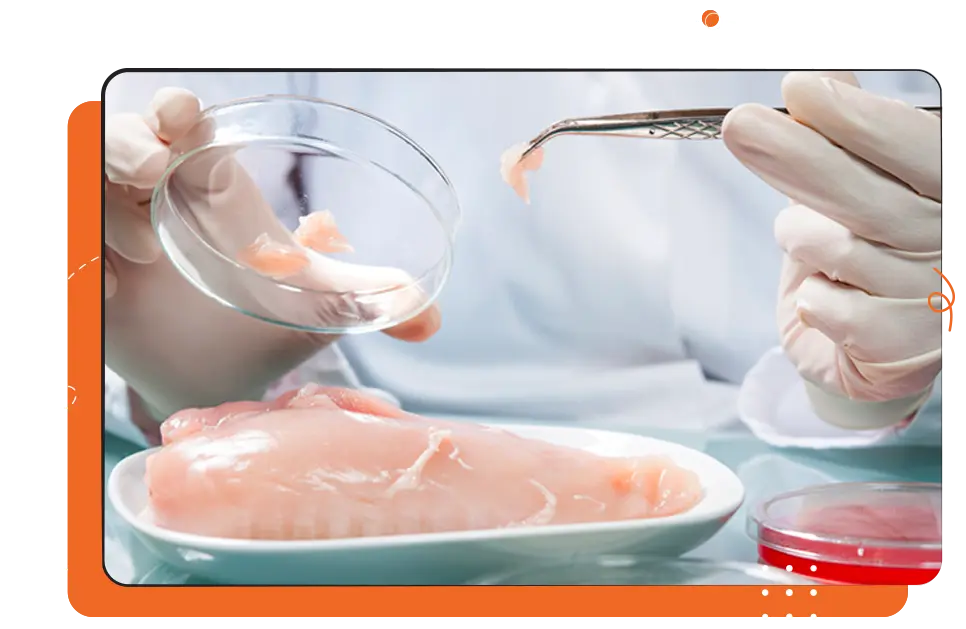About the Course
In the Food Science course, students conduct laboratory and field investigations, use scientific methods during investigations and make informed decisions using critical thinking and scientific problem-solving. Food Science is the study of the nature of foods, the causes of deterioration, the principles underlying food processing and the improvement of foods for the consuming public.
SAMPLE LESSON
Food Science: Carbohydrates
Each lesson includes media-rich presentations, a pre-made lesson plan, assessments and engaging real-world projects and activities. To get an idea of what iCEV offers, explore the sample lesson and resources below.
Lesson Resources:
Lessons Available in This Course
- English Applications
- Science Explained: Food Science
- Tools & Equipment in Food Science
- Analyzing Data: Food Science
- Scientific Principles: Chemical Properties
- The Science in Food Preservation
- Leavening Process
- Food Lab Challenge: Impact of Heat on Food
- Food Science: Fats
- Food Lab Challenge: Protein Cooking Comparison
- Food Lab Challenge: Testing Water Hardness
- Understanding Dietary Guidelines
- Food Lab Challenge: Testing Cutting Board Cleanliness
- Principles of HACCP: Conducting a Hazard Analysis
- Principles of HACCP: Establishing Verification Procedures
- Sustainability & Food Production
- STEM Careers: Food Science
- Impact of Science: Food Science
- Experimental Design: Food Science
- Communicating Findings in Food Science
- Scientific Principles: Solutions, Emulsions & Colloids
- Food Fermentation
- Food Lab Challenge: Steam as a Leavening Agent
- Food Science: Carbohydrates
- Food Lab Challenge: Functions of Fat
- Food Science: Vitamins & Minerals
- Food Packaging Options & Guidelines
- Dietary Modifications
- Principles of HACCP: Introduction
- Principles of HACCP: Identifying Critical Control Points
- Principles of HACCP: Recordkeeping
- Professionalism in the Sciences: Food Science
- Lab Safety Procedures: Food Science
- Conducting Lab & Field Investigations: Food Science
- Developing a Model: Food Science
- Scientific Principles: Enzymes
- Food Lab Challenge: Making Yogurt
- Heat & Food Production
- Food Lab Challenge: Caramelization
- Food Science: Proteins
- Food Science: Water
- Food Additives
- Food Science: Safety & Sanitation
- Principles of HACCP: Identifying Hazards in Food Processing
- Principles of HACCP: Establishing & Monitoring Critical Limits & Taking Corrective Actions
- Principles of HACCP: Ground Beef HACCP Plan
Family & Consumer Sciences Course Resource
Best Food Science Curriculum: iCEV vs. TTU CFCS
If you teach food science, finding the best curriculum for your students is of utmost importance. Regardless of whether you’re new to teaching food science or need to find new resources that better meet standards and students needs, choosing the right curriculum will set your students up for success.




